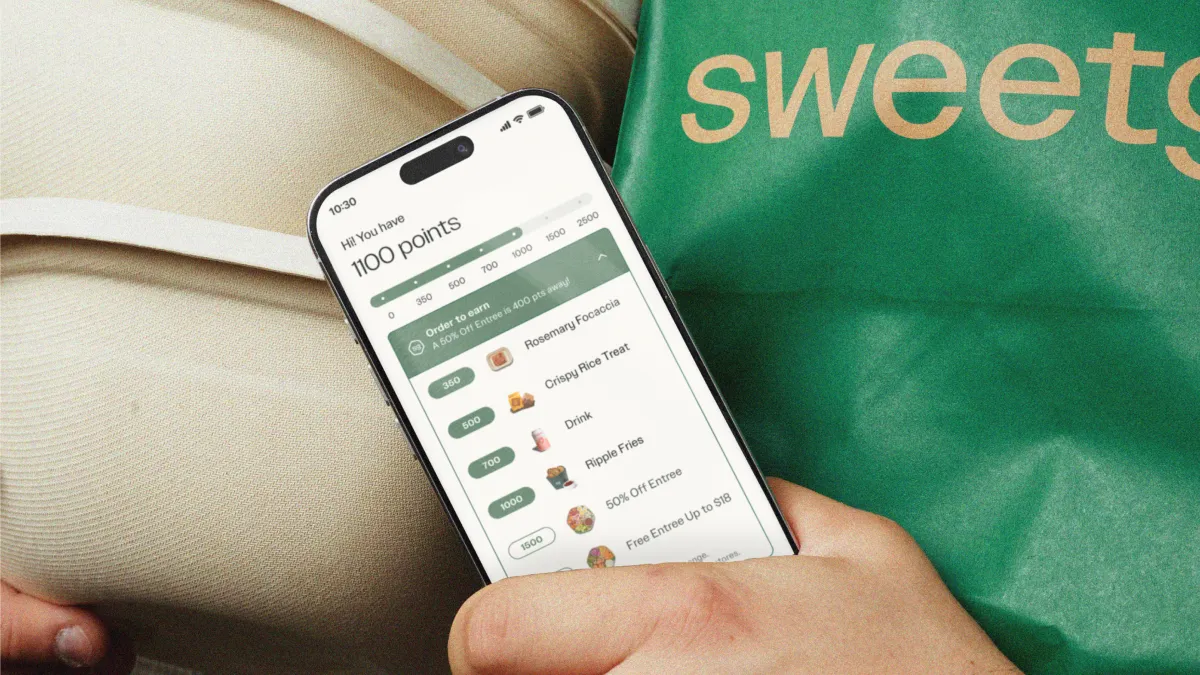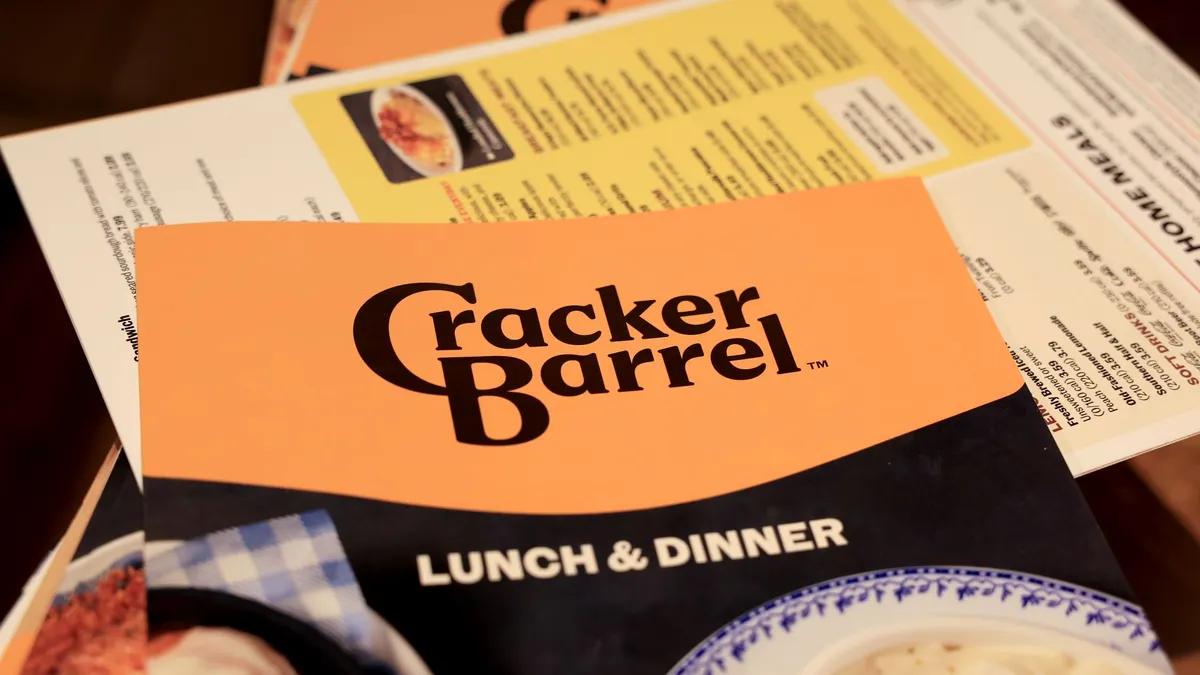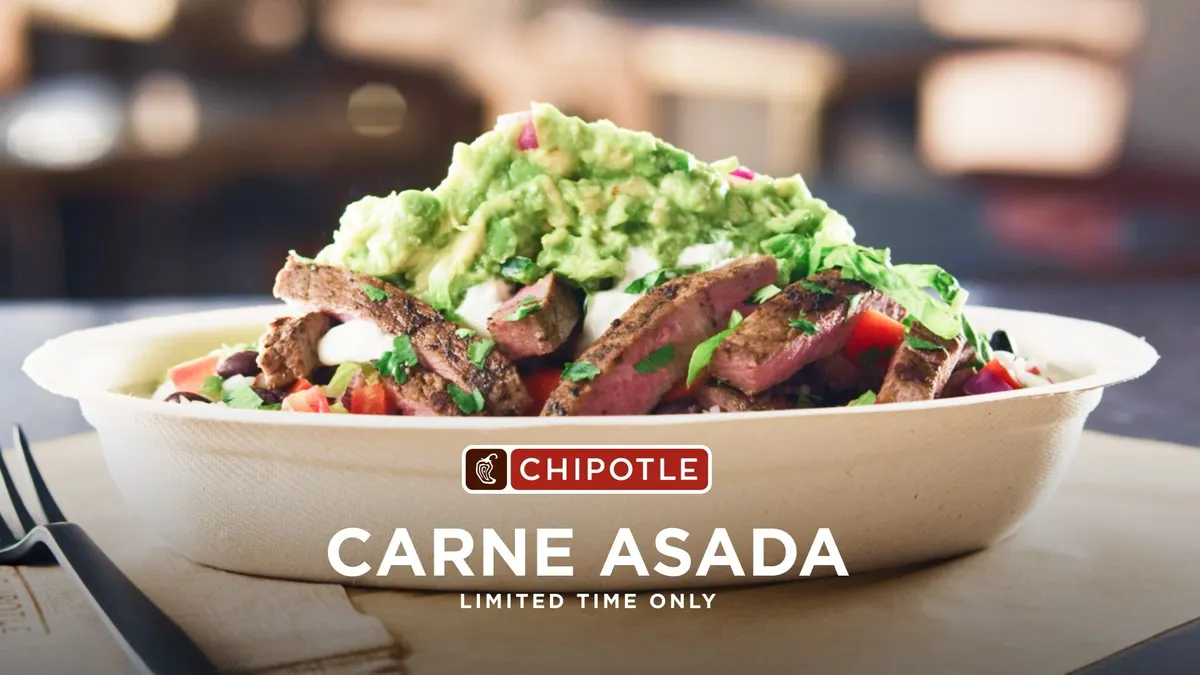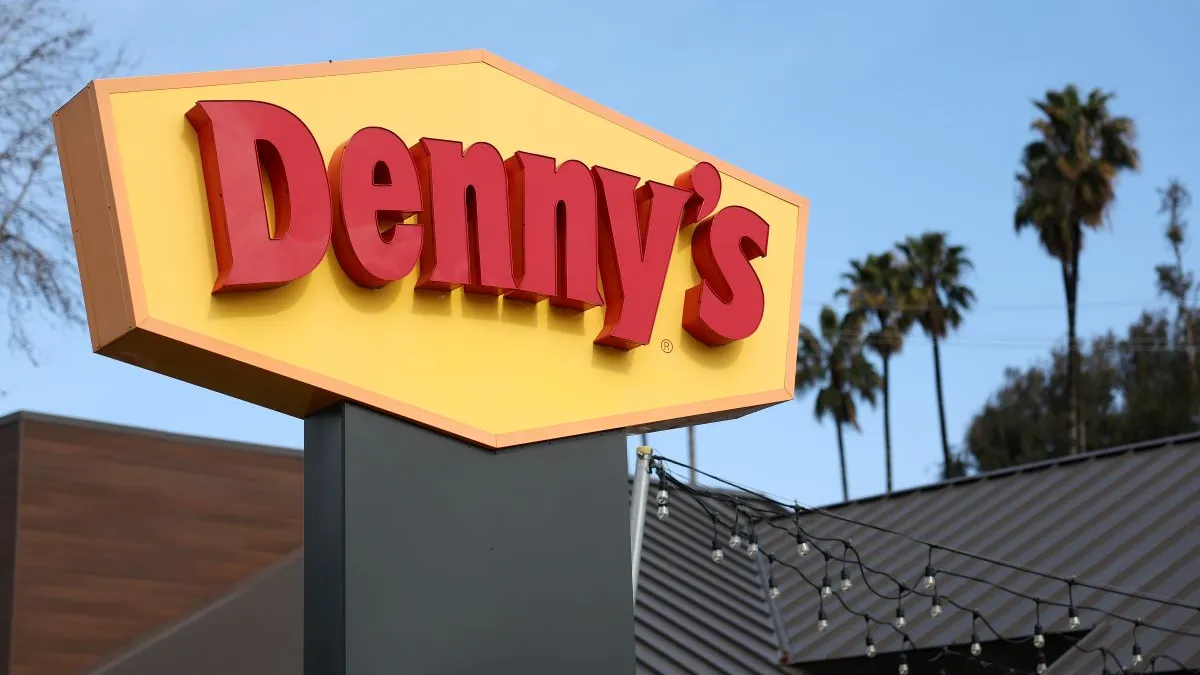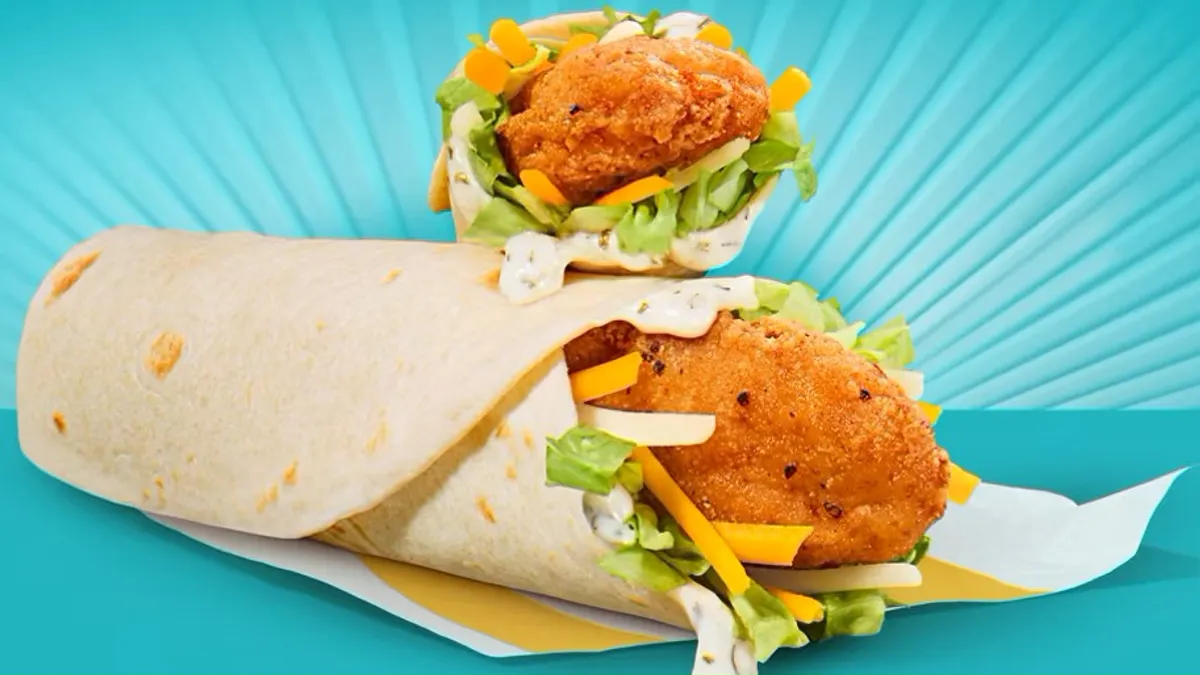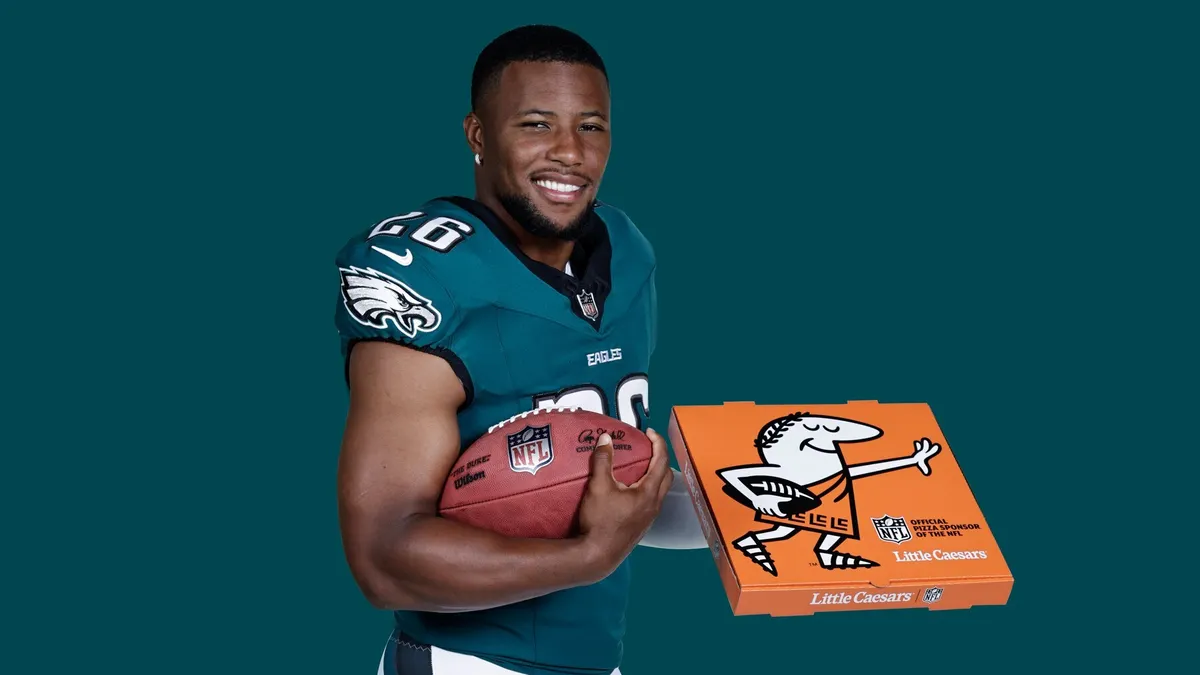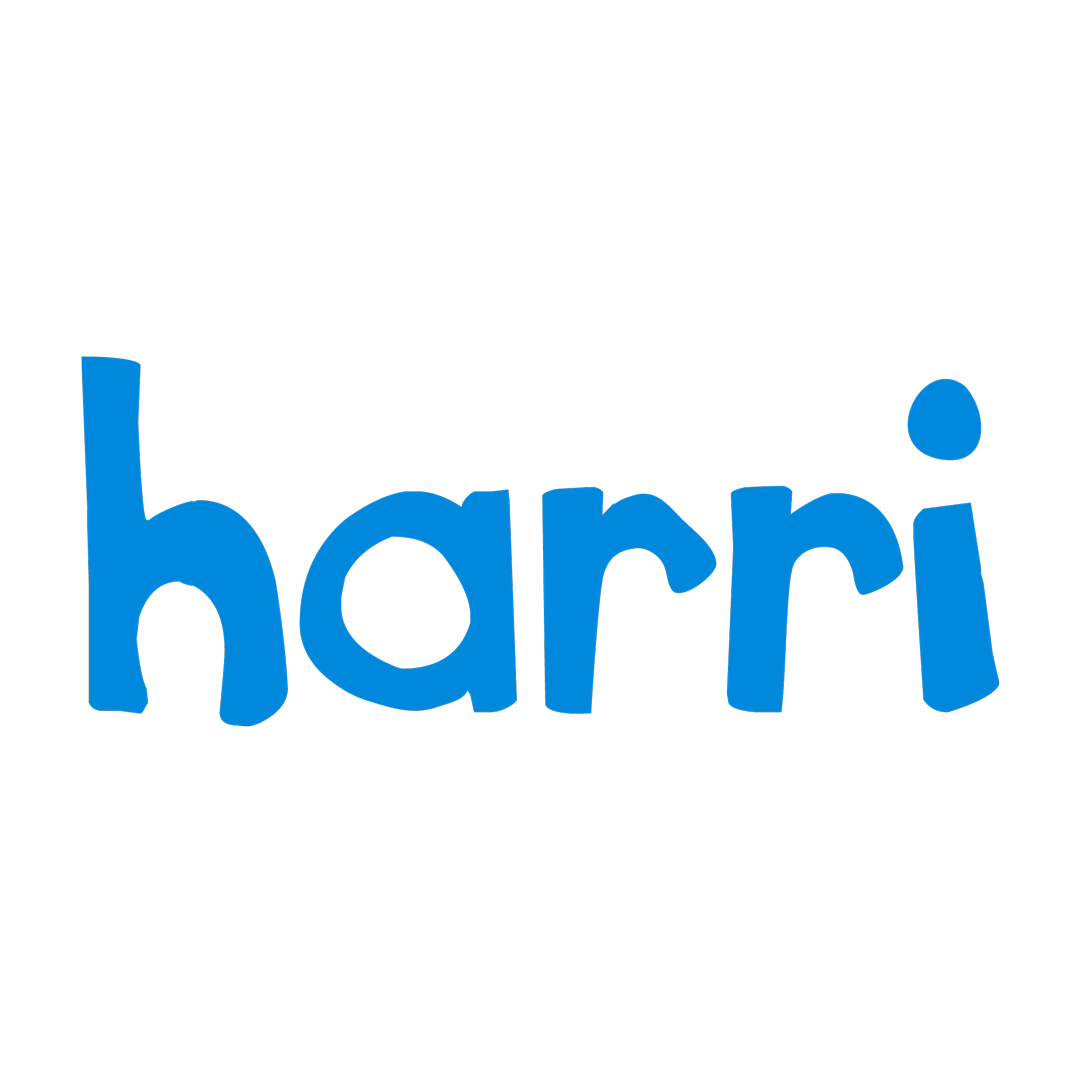Editor's Note: This is part of a package examining the first half of 2020. Dive into key trends and stats from a transformative six months.
At the top of 2020, we looked ahead to a year where mobile marketers would have to contend with the growing importance of TikTok, the debut of Quibi, the continued development of social commerce and shoppable ads, the evolution of influencers and more.
Many of those predictions are still important — save perhaps the inclusion of Quibi — but no one could have predicted the wide-ranging effects of the coronavirus pandemic on mobile marketing and beyond.
Nearly all of the year's best mobile campaigns so far came in the wake of the pandemic's changes to the landscape, as marketers rushed to meet consumers in digital channels that have increasingly become necessities — whether that meant heading to Zoom or "Fortnite," reconceptualizing an outdoor app for lockdown, or discouraging consumers to hoard its products.
Here are nine of the year's best mobile campaigns so far.
Chipotle served up virtual hangouts on Zoom
Chipotle Mexican Grill was one of the first brands to act once the pandemic began upending daily life, launching a series of daily sessions on Zoom. Chipotle Together brought together up to 3,000 fans and celebrity guests, including Colton Underwood from "The Bachelor," Whole30 Founder Melissa Urban and NFL star Rob Gronkowski.
"[We] realized this is where our fans were headed," Tressie Lieberman, Chipotle VP of digital and off-premise, told Mobile Marketer sister publication Marketing Dive. "We started by bringing people together over lunch, when they may normally be hanging out at a Chipotle restaurant under different circumstances. We then started activating at all times of the day pending the idea and talent."
After just two weeks, the campaign had generated 500 million impressions and 100 earned media stories, demonstrating that Chipotle was able to deliver community to consumers hungry for connection in the early days of lockdowns. The effort was just one part of Chipotle pivoting its entire marketing plan due to the pandemic.
Warner Bros. debuts 'Tenet' trailer in 'Fortnite'
Most movie theaters remain closed, putting the brakes on peak summer box office season. Tough times breed innovation, however, and Warner Bros. proved the adage by debuting the trailer for the new Christoper Nolan film, "Tenet," in Epic Games’ hit video game "Fortnite."
Other entertainment companies have previously dabbled in "Fortnite" as a marketing venue, including Disney, which teased footage from "Star Wars: The Rise of Skywalker" in the game last winter. But the trailer drop for “Tenet” arrived in a media landscape upended by the coronavirus and as "Fortnite" evolved to meet the moment and reach homebound consumers.
The "Tenet" preview ran in the game's Party Royale mode, a combat-free space where players can gather and watch in-game events. The feature is a savvy move on Epic Games' part, embodying the types of virtual hangouts that are quickly climbing in demand as people look to avoid in-person gatherings. For Warner Bros., Party Royale was the perfect channel to engage the types of young consumers who view traditional media less often and might need the extra push to make a trip to the theater over streaming from home.
"Why it's taken marketers this long to use these platforms more progressively is anyone's guess," Kevin Wassong, managing partner at INTEG Advisors, told Mobile Marketer via email. "I believe in 'get the content to the audience, not the audience to the content.' And this is a prime example of that strategy."
KFC celebrates Mother's Day on Facebook Messenger
One of the first major holidays affected by the pandemic was Mother's Day, and KFC was ready for the socially distanced occasion with a virtual experience for Facebook Messenger that included personalized invitations, event reminders, video chat and digital stickers.
Mother's Day is traditionally KFC's biggest sales day of the year, as the chain has previously seen a 50% sales lift on the holiday. The Messenger experience allowed KFC to strike the right tone and focus on what consumers would actually be missing out on due to the pandemic.
Yum Brand's KFC has previously used Mother's Day to push romance novels and a Chippendales parody video, eye-grabbing tactics that might seem out-of-touch in a world now grappling with isolation and headlines about coronavirus' toll. Those racy efforts, and other tongue-in-cheek examples of competitive sparring among QSR brands, are likely to remain on hold as the pandemic continues to affect marketing.
PepsiCo brands opened Super Bowl ads to interactivity
Both Doritos and Mtn Dew ran ads in the Super Bowl that riffed on pop culture. The former featured a dance battle between "Old Town Road" rapper Lil Nas X and screen cowboy Sam Elliott at the "Cool Ranch," while the latter spoofed "The Shining" with TV stars Bryan Cranston and Tracee Ellis Ross.
But to extend the campaigns past the big game, the PepsiCo brands used mobile technology to augment their efforts by bringing consumers into the action — literally. Doritos teamed with the Sway: Magic Dance app, which transposes a user's image over a video of a professional dancer using artificial intelligence (AI). Similarly, Mtn Dew used an augmented reality (AR) filter on Snapchat to let people superimpose themselves into the iconic "Shining" scene featuring twin girls that is spoofed in the brand's ad.
The use of AI and AR to bring consumers into its Super Bowl ads allowed PepsiCo to extend the conversation before, during and after the game, with Doritos taking a page from the viral dance challenges of TikTok and Mtn Dew using Snapchat's super-popular AR filters.
Cottonelle asks people to avoid hoarding toilet paper
Ads that discourage people from buying a brand's product are exceedingly rare. Ads that discourage people from buying a brand's product at a time when consumers are rushing to stock up on said product even more so.
Yet, a March push from Kimberly-Clark's Cottonelle and agency partner FCB Chicago did just that, making for a timely bit of counterintuitive marketing. The social media-focused effort urged consumers to reconsider pantry-loading tendencies that spiked at the onset of the pandemic. Top of many people's shopping lists was toilet paper, but Cottonelle's #ShareASquare campaign explicitly urged against bulk-buying the item as an act of empathy for others in need.
"As one of the world's largest producers of toilet paper, we assure there will be enough to go around," a 30-second spot reads. "So, instead of stockpiling toilet paper, let's stock up on generosity."
While not entirely cohesive with past Cottonelle campaigns, #ShareASquare showed the CPG stalwart making the noble choice at a time when it could've been purely opportunistic, amplifying its share of voice on social media and donating to charities contributing to COVID-19 relief.
"This popular campaign received a lot of press and attention around its launch back in March," Jed Meyer, managing director of North America for Ebiquity, said in emailed comments. "As lockdowns began across the country, the toilet paper shortages became an ongoing conversation that Cottonelle tapped into in a way that makes sense for its brand."
Coca-Cola partners with BeApp
While not a campaign in the traditional sense, one of Coca-Cola's more notable marketing investments during the pandemic has more to say about how brand priorities have changed as a result of the coronavirus than any ad could.
In late May, the soft drink giant signed on as the exclusive launch partner of BeApp, a new music streaming platform that integrates gamified and social media elements into the digital concert-viewing experience. As large in-person gatherings, including live concerts and sports, remain shuttered, Coke's bet on BeApp showed the brand pivoting quickly to capitalize on growing media space — livestreamed virtual events — that could stick around for the long haul.
"This has little to do with the current pandemic or social unrest and everything with Coke placing a bet on a radical shift to virtual entertainment."

Kevin Wassong
INTEG Advisors, managing partner
Coke froze its brand marketing at the start of the pandemic, but as it's started to gear up again, channels like livestreaming appear increasingly central to its strategy and as a means to engage customers in real time. BeApp also steps beyond traditional livestreaming to include social networking, an internal rewards system and donation features that support COVID-19 relief.
Investing in early-stage apps like BeApp could help Coke establish a stronger imprint at the ground level of a new digital media frontier that consumers — particularly mobile-minded younger folks — were already spending more of their time in.
"This has little to do with the current pandemic or social unrest and everything with Coke placing a bet on a radical shift to virtual entertainment," INTEG Advisors' Wassong said in emailed comments. "It's not an ad, it's a platform. This shift was already happening, and the pandemic simply accelerated the trend."
'Pokémon Go' recaptures interest with indoor play
'Pokémon Go' arrived in 2016 to much fanfare over its playful merging of smartphones and augmented reality for interacting with the real world, cementing the title's role as the leader in location-based gaming. However, by early 2020, the initial buzz had died down.
Then the COVID-19 pandemic arrived, potentially dooming 'Pokémon Go' to irrelevance as millions of people stayed home to avoid exposure to the virus. Instead, its developer Niantic quickly rolled out updates enabling players to capture digital creatures without leaving home and to compete against other players virtually instead of in person.
The updates were readily embraced by bored consumers, helping drive a 67% jump in in-app spending soon after they were introduced and as mobile gaming overall surged. Niantic is savvily building on its renewed momentum by moving from in-person to virtual events for fans.
In addition to reenergizing interest in the game, the shift to indoor play is notable for being one of the first examples of the kind of digital experiences that have proliferated during the health crisis through a focus on community. With so many people stuck at home, the potential for crafting shareable content extends to other platforms and use cases. For example, Chipotle has been building community on Zoom and Nintendo's Animal Crossing teamed up with Global Pride, a collaboration among LGBTI+ Pride organizations worldwide, to host a virtual Pride festival in the game.
Schick Xtreme's bald superhero shaves the day
Mobile gaming and personal grooming might seem like an unusual pairing, but these aren't exactly usual times. "Shave the Day," an obstacle course game released by Edgewell Personal Care's Schick Xtreme brand in mid May, reimagines shaving events held as fundraisers by the St. Baldrick's Foundation for a time when people weren't leaving their homes, tapping into several marketing trends during the early days of the pandemic.
Not only were people playing more mobile games in late March and April, but many let their hair and/or beards grow or tried to cut their own hair, often showcasing the results on social media. The easy-to-master gameplay for "Shave the Day" mirrors this pandemic-related fascination with personal grooming by challenging players to collect digital coins called Bald Bucks that could be turned into donations.
Twitch streamers Aydan and NMPLOL were also enlisted to play the game in a livestream and shave their own heads once their donation goals were met. With Twitch's gaming content surging 50% to a record 1.49 billion hours in April from the prior month, these partnerships helped widen the effort's exposure.
As a growing number of brands launch casual games that are one-off novelties, Schick earns points for creating a well-rounded cause marketing campaign that arrived soon after its efforts to raise money for out-of-work barbers and at a time when consumers want brands to help out.
E.l.f. hits the right note on TikTok
TikTok was already a quickly growing social media platform before the coronavirus pandemic hit, and its success with consumers and brands has only boomed in the months since as people stuck at home look for entertaining content to consume, create and share. While a number of brands have jumped on the TikTok bandwagon this year, E.l.f. Cosmetics stands out for strong engagement around a burgeoning TikTok content strategy that blends original music with clever videos and popular influencers.
@elfyeah It's a ##Zoom dance party! The e.l.f. team wants to remind you to stay safe & don’t touch ya face! @elfcosmetics ##elfyeah ##eyeslipsfacesafe
♬ Eyes. Lips. Face. Safe. e.l.f. Cosmetics - elfyeah
The brand first sampled the short-form social video platform in fall 2019 with a video that's spurred more than 5.9 billion views using the #eyeslipsface hashtag and an original song — the first on TikTok for a branded hashtag challenge — created by record label Republic Records and agency Movers+Shakers.
E.l.f. ramped up its TikTok presence this year with a new video that remixes its first song featuring fresh lyrics designed to raise awareness about COVID-19 safety measures. In May, it once again issued an original song on TikTok, this time for the line's Poreless Putty Primer, urging users to create videos showing how the product can make anything disappear. E.l.f. promoted the dance challenge with influencer Romina Gafur, who has more than 8.6 million followers on TikTok.
E.l.f.'s winning TikTok strategy reflects the importance of creating original music — rather than licensing a song from a publisher — to produce a more memorable brand identity that helps brands connect with younger consumers who may not be as responsive to traditional marketing.







